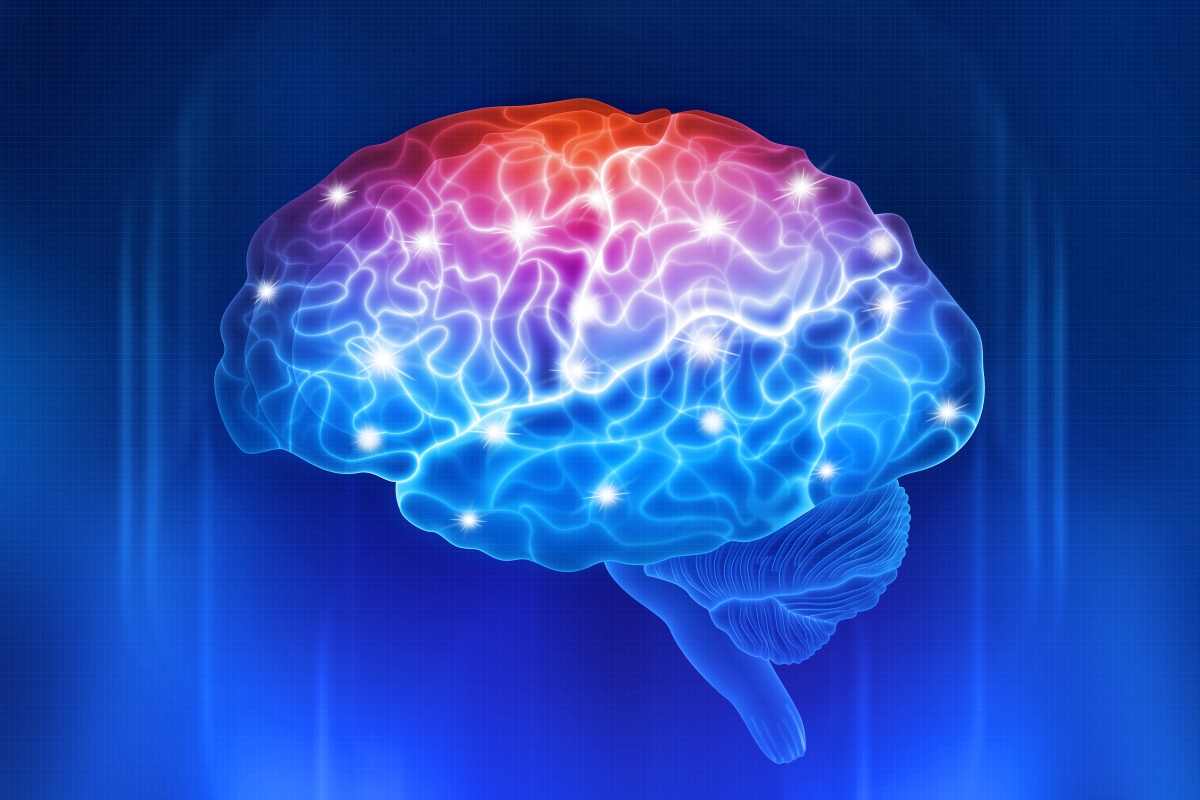Chronic hyperpalatable diet induces impairment of hippocampal-dependent memories and alters glutamatergic and fractalkine axis signaling
Chronic intake of extremely appetizing and high-calorie meals has been connected to obesity-related memory impairment and cognitive decline. It is thought that the detrimental effects of an obesogenic environment on memory are mediated by the interaction between peripheral and cerebral inflammation. However, the specific impact of obesity-related peripheral inflammation on neurotransmission systems involved in memory regulation remains poorly understood. The purpose of this study by Ribeiro et al. (2023) was to investigate the concept that long-term consumption of a highly appetizing food causes neuroinflammation, alters glutamatergic function, and damages memory. The authors fed a high-sugar and butter diet (HSB) to C57BL/6J mice for 12 weeks, observing how it affected behavior, glial reactivity, permeability of the blood-brain barrier, pro-inflammatory markers, glutamatergic changes, synaptic plasticity, and the fractalkine-CX3CR1 axis, among other parameters. Analysis of the results showed that the HSB diet increased hippocampus glutamate levels while decreasing memory reconsolidation and extinction. Despite observing a peripheral pro-inflammatory profile, the authors did not detect neuroinflammatory features in the hippocampus. Of note, HSB diet increased levels of hippocampus fractalkine, a chemokine linked to inflammation control and neuroprotection. Based on these results, the authors propose that the elevation in glutamate levels induced by the HSB diet may disrupt synaptic communication, partially impairing synaptic plasticity. Concurrently, the increase in fractalkine levels may serve as a protective mechanism to mitigate glutamatergic damage in the hippocampus. [NPID: Neuroinflammation, glutamatergic dysfunction, memory impairment, obesity, hippocampus, fractalkine, synaptic plasticity, high sugar and butter]
Year: 2023
 Navigation
Navigation






